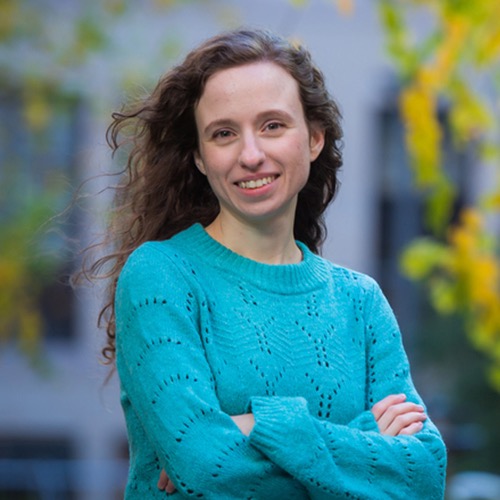
Nina Andrejević
PhD student Nina Andrejević has teamed up with her twin sister to develop a method for quickly identifying materials that can transport electrons without energy loss. These materials can be used in the development of new energy-efficient technologies.
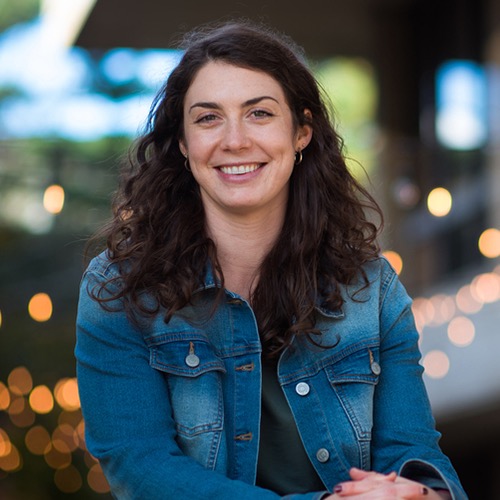
Rachel Bielajew
Doctoral candidate Rachel Bielajew is working on solutions that could positively impact global problems and feed her love of physics. After seeing the impacts of climate change while serving in the Peace Corps in Malawi, Bielajew was inspired to explore fusion as a carbon-free energy source and a way to combat climate change.
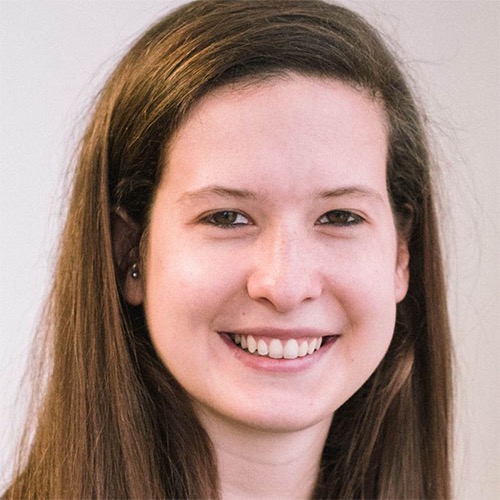
Rebecca Brenneis
PhD candidate Rebecca Brenneis, along with Desiree Plata, the Gilbert W. Winslow Career Development Professor in Civil Engineering, and others, discovered that when treated with copper, a common type of clay called zeolite can effectively remove methane—a potent greenhouse gas—from the air.
→A dirt-cheap solution? Common clay materials may help curb methane emissions
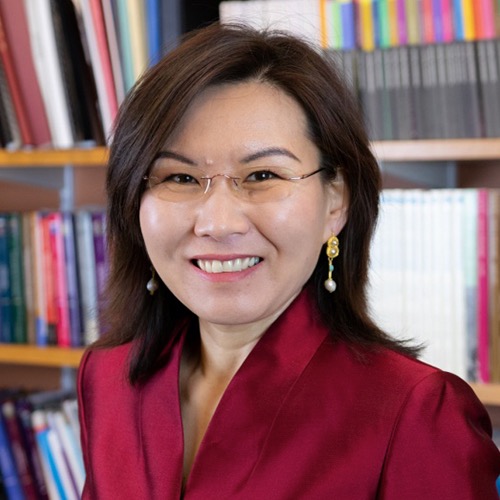
Manduhai Buyandelger
Manduhai Buyandelger, a professor of anthropology, collaborated with researchers and students in the Departments of Anthropology and Nuclear Science and Engineering to study the particularities of the local culture, environment, political climate, and economy in Ulaanbaatar, Mongolia to inform their work designing a sustainable, flameless thermal heat source made from molten nitrate salts.
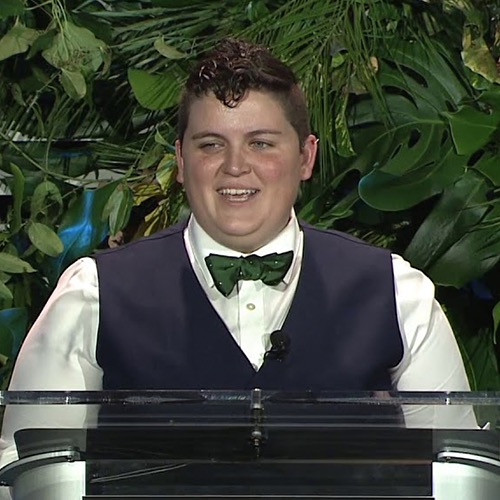
Joy Dunn
Joy Dunn ’08 is the head of operations of Commonwealth Fusion Systems (CFS), an MIT spinout working with the MIT Plasma Science and Fusion Center to create the world’s first net-positive nuclear fusion reactor. At CFS, Dunn manages manufacturing, construction, and facilities.
→MIT-designed project achieves major advance toward fusion energy
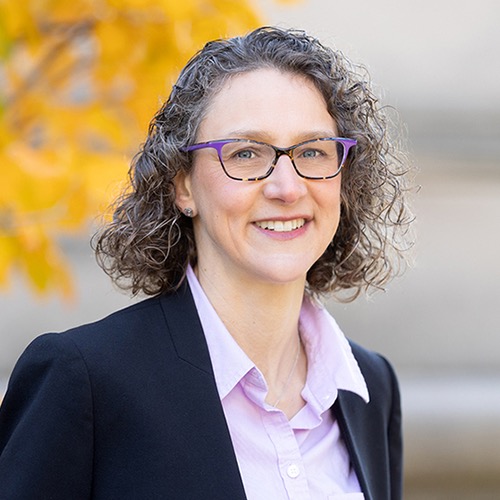
Arlene Fiore
Arlene Fiore, the Peter H. Stone and Paola Malanotte Stone Professor in Earth, Atmospheric and Planetary Sciences, utilizes satellite data to better understand the chemistry and behavior of air pollutants (that are released in large part from burning fossil fuels)—which ultimately can inform mitigation strategies and policy setting.
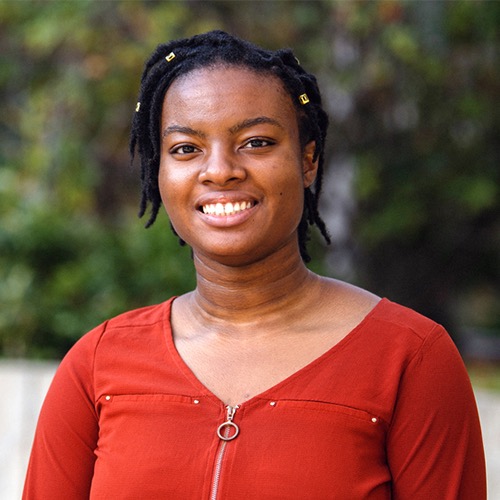
Stacy Godfreey-Igwe
Senior Stacy Godreey-Igwe seeks to make marginalized communities more visible in the fight against climate change and address how these communities often shoulder a disproportionately heavy environmental burden.
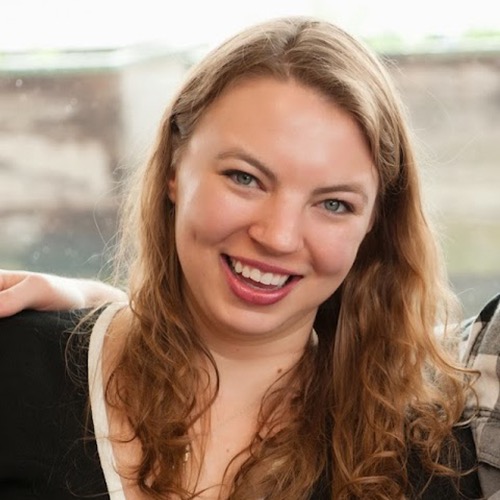
Melinda Hale Sims
Melinda Hale Sims SM ’09, PhD ’13 co-founded Loci Controls, an MIT spinout that aims to significantly reduce methane emissions from landfills with a solar-powered system that requires no extra land, roads, or electric lines to work.

Laur Hesse Fisher
Laur Hesse Fisher is a program director at the MIT Environmental Solutions Initiative (ESI), where she manages ESI’s development and execution of public engagement on climate change. She also hosts ESI’s climate podcast, TILclimate.
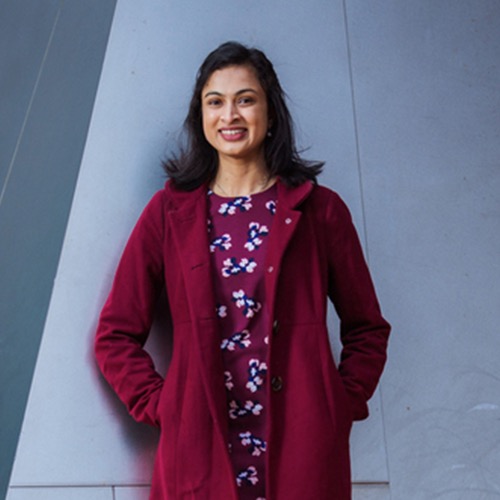
Eesha Khare
A passion for biomaterials inspires PhD candidate Eesha Khara to tackle climate change. She recently co-founded a startup called Taxie that aims to electrify the ridesharing business by making electric rental cars easily available to consumers.
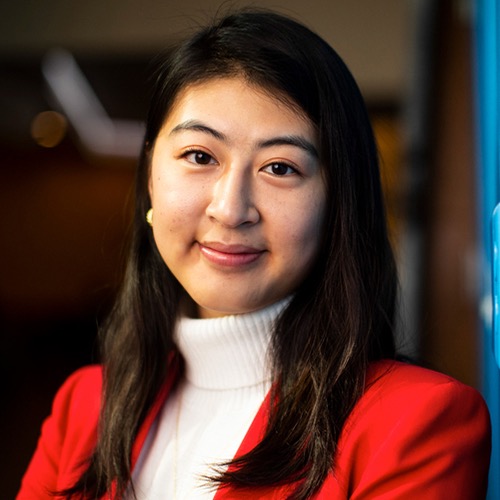
Heidi Li
Heidi Li, a senior in materials science and engineering with a minor in energy studies, has spent her time at MIT pushing for energy and environmental action. She has done so in part through MITEI Energy UROPs focused on just energy transitions and climate change curricula for high schools, as well as by running MIT’s Sustainable Energy Alliance.
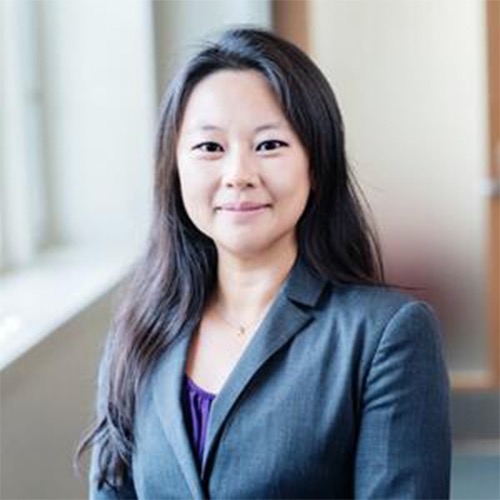
Yancan “Lydia” Li
As a clean tech investor, Yancan “Lydia” Li MBA ’19 uses low cost-of-capital funding to bring clean energy technologies across the “valley of death,” between idea and application. At Generate Capital, she invested over $200 million in the power, transport, and waste sectors. Further, she was placed on the Forbes 30 Under 30 list for energy in 2021.
→Finding positive impact and returns in clean energy investment
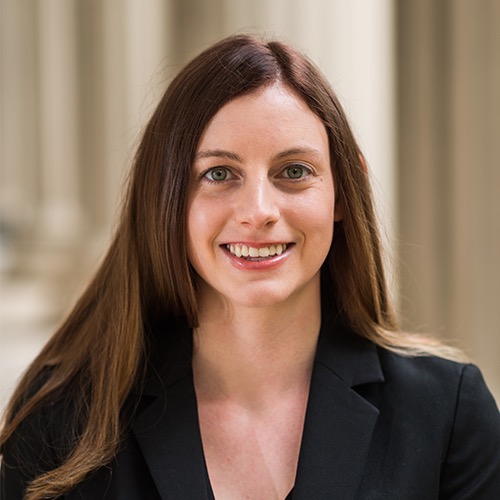
Samantha McBride
Samantha McBride PhD ’20 devised a new technique to solve one of the largest and most wasteful issues of industrial processing, the fouling of heat exchanger surfaces by salts and other dissolved minerals. McBride found that with a combination of water repelling surfaces and heat, dissolved salts can crystallize in a way that makes them easy to remove from the surface, in some cases by gravity alone.
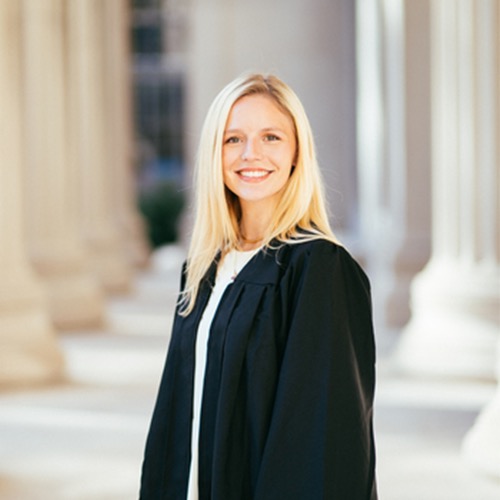
Grace Moore
Grace Moore ’21 is the first person from MIT to receive the prestigious Michel David-Weill Scholarship, which provides funding for graduate study at Sciences Po in Paris, France. There, she is studying the intersections of public policy, energy, and the environment. While at MIT, Moore led the Energy and Climate Club and worked on the MIT Climate Action Plan.
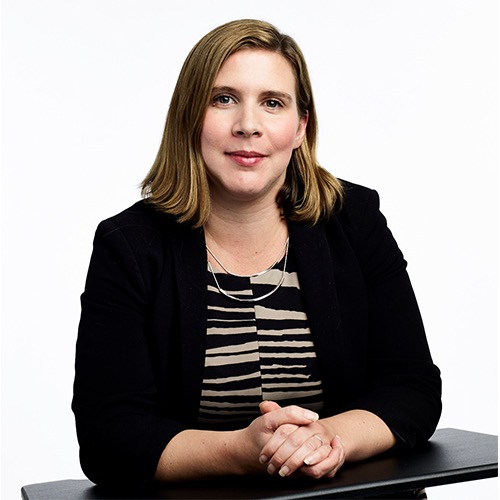
Caitlin Mueller
Caitlin Mueller ’07, SM ’14, PhD ’14, an associate professor of architecture and civil and environmental engineering, is using digital and computational methods to upcycle discarded tree forks in architectural designs.
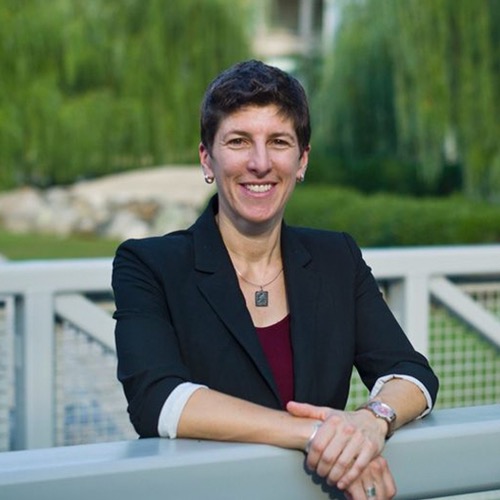
Julie Newman
Julie Newman is MIT’s first Director of Sustainability. In this role, Newman plays an integral role ensuring that the Institute and its campus are on the cutting edge of resiliency, mitigation, electric vehicle infrastructure, investment portfolio sustainability, and climate leadership.
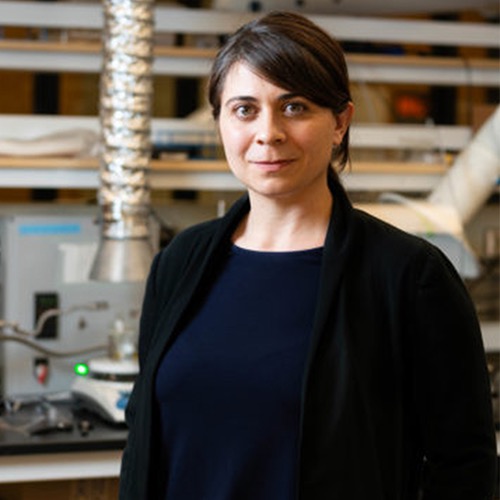
Desirée Plata
Desirée Plata, the Gilbert W. Winslow Career Development Professor in Civil Engineering, and PhD candidate Rebecca Brenneis found that when treated with copper, a common type of clay called zeolite can effectively remove methane—a potent greenhouse gas—from the air.
→A dirt-cheap solution? Common clay materials may help curb methane emissions
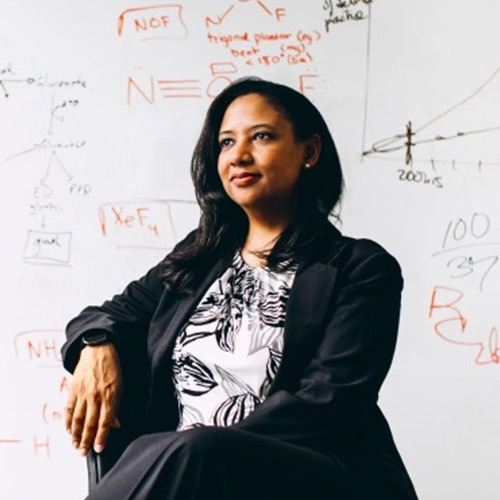
Kristala Jones Prather
Kristala Jones Prather ’94, the Arthur D. Little Professor of Chemical Engineering, is working to reduce dependence on petroleum. Instead of using petroleum as a feedstock, Prather is using biomass to create renewable polymers that could lead to a greener kind of plastic.
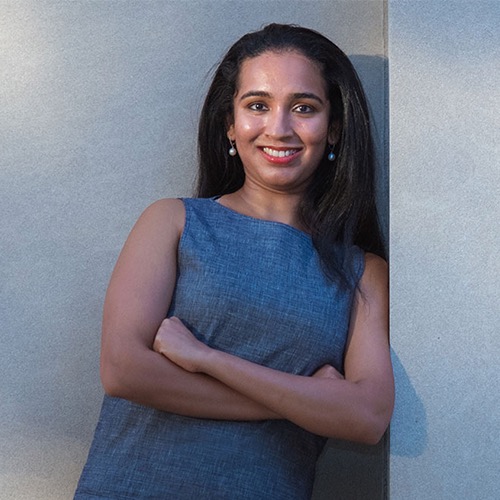
Madhumitha
Ravichandran
PhD student Madhumitha Ravichandran is using her knowledge of thermodynamics and machine learning to address the “boiling crisis,” which affects nuclear reactors and other power plants that rely on steam generation to drive turbines.
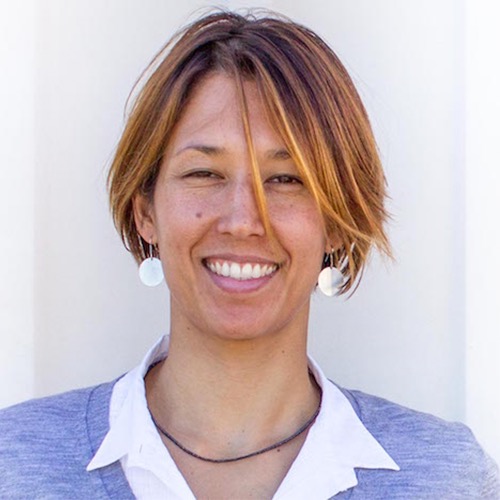
Gia Schneider
Gia Schneider ’99 is the CEO of Natel Energy, a startup that produces sustainable, distributed, low-impact hydropower turbines that assist in watershed restoration.
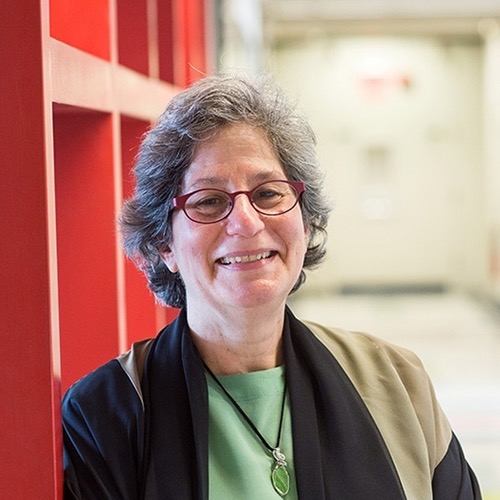
Susan Solomon
Susan Soloman, the Lee and Geraldine Martin Professor of Environmental Studies, received the 2020-2021 James R. Killian, Jr. Faculty Achievement award—the highest honor at the Institute—for her work in explaining and addressing the depletion of the ozone layer.
→Susan Solomon, scholar of atmospheric chemistry and environmental policy, delivers Killian Lecture
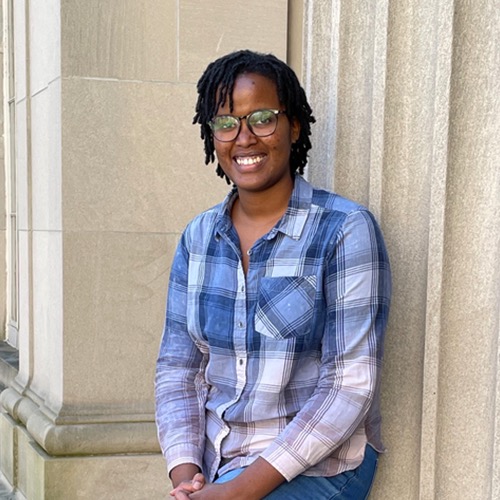
Carene Umubyeyi
Senior Carene Umubyeyi is aiming to use the knowledge that she has gained during her time at MIT to expand and educate on sustainable design and building methods in her home country of Rwanda and elsewhere in Africa.
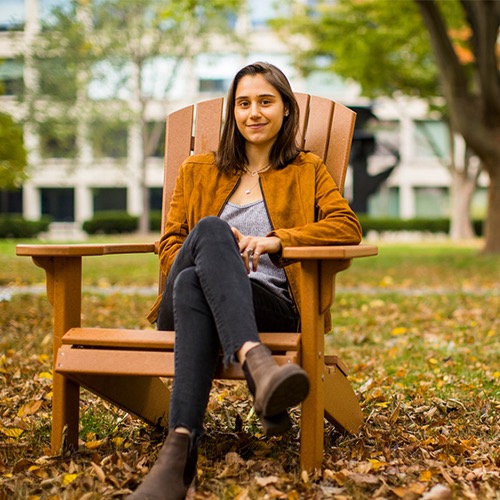
Kiara Wahnschafft
Kiara Wahnschafft plans to use her expertise in mechanical engineering and economics to pursue a career that tackles the climate crisis. At MIT, she has conducted research at the MIT Environmental Solutions Initiative Rapid Response Group and at the MIT Sloan Climate Pathways Project.
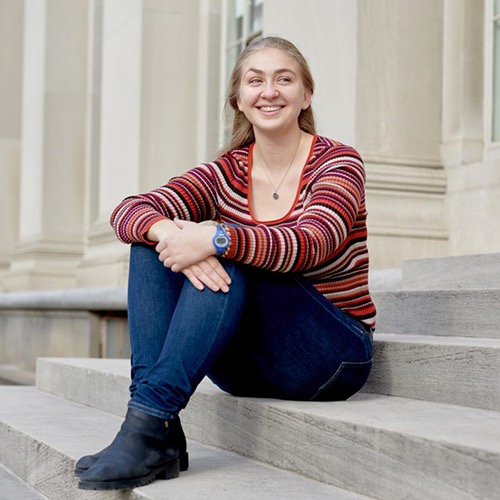
Ava Waitz
Recent graduate Ava Waitz ’21 was inspired by the “magic” of materials science and engineering. At MIT, she participated in UROPs that focused on the development of transparent solar cells and another that analyzed greenhouse gas emissions.

Amy Watterson
Amy Watterson has been working at the MIT Plasma Science and Fusion Center for over two years modeling fusion magnets for the SPARC fusion reactor project and promoting engineering to young women.
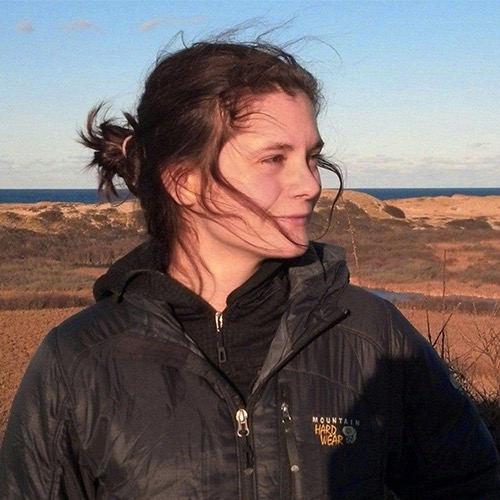
Caroline
White-Nockleby
History, Anthropology, and Science, Technology, and Society (HASTS) PhD candidate Caroline White-Nockleby is taking an interdisciplinary approach in her research on the shifting supply chains of renewable energy infrastructure.
→3Q: The socio-environmental complexities of renewable energy

Kelly Wu
Senior Kelly Wu cares deeply about the climate crisis. She is the president of the MIT Energy and Climate Club and helped draft the Institute’s Climate Action Plan as a student sustainability leader. She was awarded a 2022-2023 Schwarzman Scholarship where she will pursue a one-year master’s degree in global affairs at Tsinghua University in Beijing.